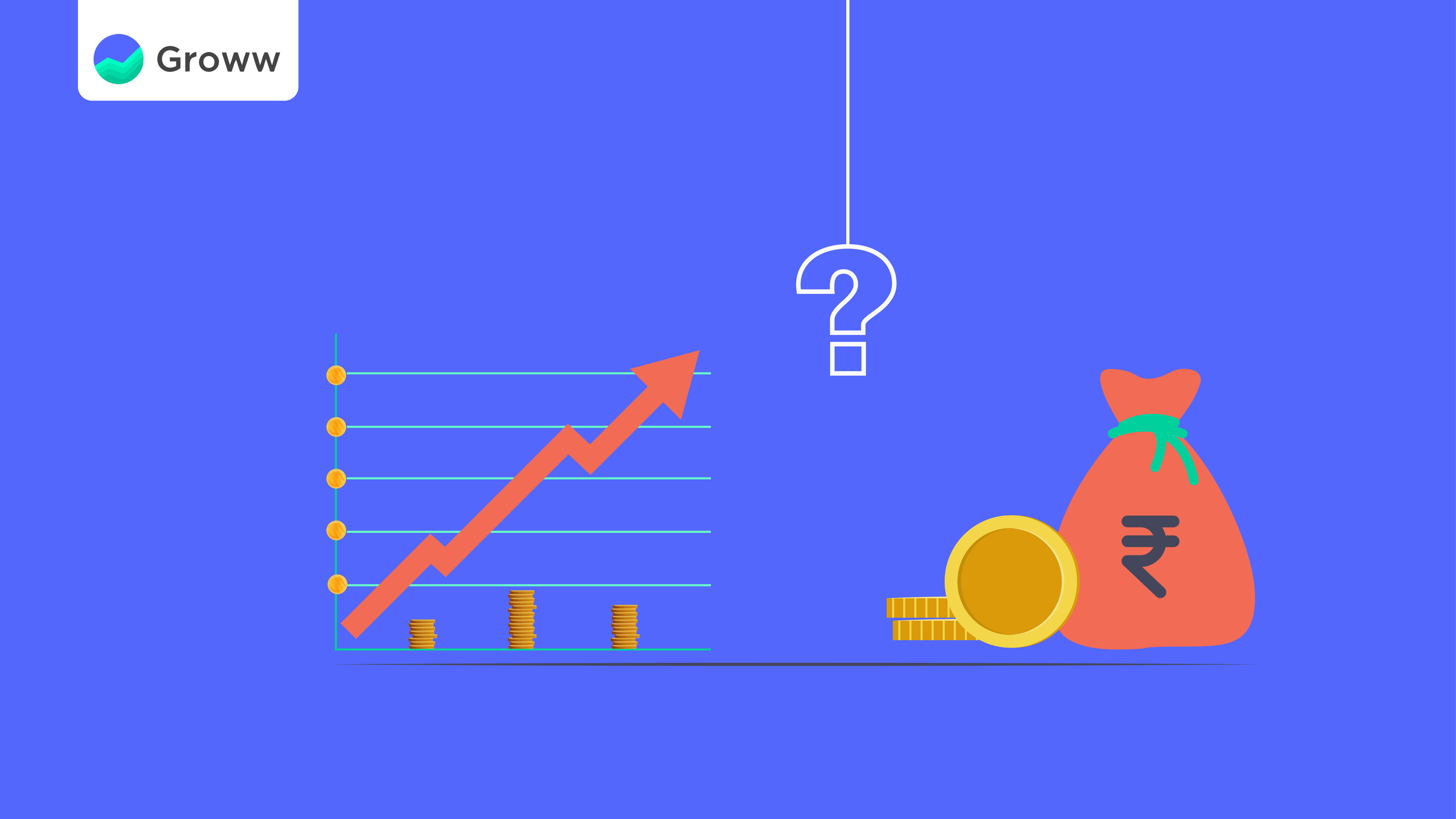Should you Invest in Equal Weight Index Funds?

The weighted market capitalization method of picking stocks while creating a fund often comes under the hammer of criticism for having an unjustified concentration of a few stocks. Small-cap stocks are often left out from the selection criteria due to their small index weight.
Equal-weight index funds were developed to negate the favouritism given to large-cap stocks. An equal-weighted fund apportions an equal amount of money to each stock that makes up the fund regardless of the size and market cap of the company.
The performance of each constituent stock of the fund has an equal impact on the fund's performance.
The guiding principle behind equal weight index funds is that weighted market cap allocation doesn't guarantee returns.
Understanding Equal Weight Index Funds
Traditionally, market-cap-weighted selection has been followed, and the majority of the indices around the globe are constituted around it. Major indices like DOW JONES, NASDAQ, NIFTY50, SENSEX, etc., follow the market-cap-weighted selection. However, the equal-weight index funds advocate equality among all the stocks in an index or a fund and invest equally among the same set of companies.
Market-cap-weighted vs Equal-weight Indices
Let's take the case of our benchmark index NIFTY 50.
On paper, it's true that the index consists of stocks from various domains of the economy. Still, the truth is that the index is concentrated mainly on banking, information technology, and financial stocks. Reliance Industries and HDFC Bank alone constitute more than 15% of Nifty 50.
The performance of the NIFTY50 is hinged closely on the performance of the top 4-5 stocks.
To avoid such preferential treatment, equal-weighted indices were created. Nifty50 Equal Weight Index Fund, for instance, is based on the principle of equal weights. It allocates equal weights to all the 50 constituents of its parent index irrespective of market size. Thus in the Nifty50 Equal Weight Index Fund, Reliance Industries and Coal India have the same weight, i.e., 2%.
Equal weight funds are driven by a value-based approach to investing against their counterparts where momentum-based investing is practised. Market-cap-weighted funds try to maximize the momentum in stocks without caring about the root cause of the momentum. The problem with momentum fishing is that things can turn really ugly like the Dotcom Bubble.
In contrast, equal-weight funds are more contrarian in their approach. To realign the fund, a balance between overvalued stocks and undervalued stocks is maintained. Quantities of stocks in momentum are shredded off, and quantities of out-of-favour stocks are added.
Advantages of Equal-weight Index Funds
Equal-weight index funds enlighten the concept of diversification in the true sense since the risk is spread equally among all the constituents instead of a few large-cap stocks. More weights of historically overachiever stocks add the risk of getting caught off-guard during sectorial rotations and corrections.
Value investing is practised by equal-weight index funds, which is considered a superior market strategy to momentum-driven investing.
No single stock can define the trend of the index. In the present scenario, stocks like Reliance, HDFC Bank, and Infosys are capable of driving the index on their own. With equal-weight index funds, such dominance finds no place.
Disadvantages of Equal-weight Index Funds
Transactions costs are increased, leading to a higher expense ratio than other funds.
Volatility hits equal-weight index funds hard. In volatile markets, blue-chip stocks provide much-needed stability to funds; however, weighing blue-chip stocks equally as others, such stability is lost.
An anomaly with equal-weight index funds could be noticed during stock splits and mergers. For instance, after the much-awaited merger of HDFC and HDFC Bank, a typical equal-weight index fund would apportion its funds only to HDFC Bank in the same proportion as other stocks. It won't consider the fact that the market cap of the resultant company now consists of the market cap of two index giants.
Should You Invest in Equal-weight Index Funds?
The benchmark index for equal-weight funds has outperformed the Nifty since the start of 2021 till date. The Nifty 50 equal-weight index has provided close to 26% returns, while the Nifty 50 index has generated 21% returns in the same time frame.
However, if we do a year-on-year analysis, there's no clear winner, and on a multi-year time frame, the gap narrows; thus, it is impossible to discard any of the two indices. Nevertheless, investors can invest in equal-weight index funds to benefit from value-driven investing and index-wide diversification.